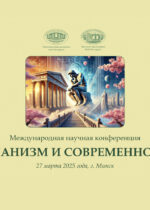Round table The free development of everyone is a condition for the free development of all: to the 170th anniversary of the publication and the 150th anniversary of the publication in Russian of the “Communist Manifesto”

On November 22, 2018, the National Academy of Sciences of Belarus, the Department of Humanities and Arts, the Institute of Philosophy of the National Academy of Sciences of Belarus held a round table “The free development of everyone is a condition for the free development of all: to the 170th anniversary of the publication and the 150th anniversary of the publication in Russian of the “Communist Manifesto”.
The purpose of the round table was to deepen knowledge about social processes of the XIX – XX centuries, clarify the role of social theory, personality, political parties and social movements in national and world history.
During the round table, presentations and speeches of employees of the institutes of philosophy, history, economics of the National Academy of Sciences of Belarus, as well as representatives of the Belarusian State University of Culture and Arts, Belarusian State Pedagogical University were heard.
The reports diversified reflected the problems raised in the “Manifesto of the Communist Party”: ways to overcome various alienated forms of sociality characteristic of capitalist society, ways to ensure individual rights and freedoms, and a project of crisis-free humane social development. It was shown that the “Manifesto of the Communist Party” by K. Marx and F. Engels is one of the few policy documents that for 170 years influences the political life of the peoples of different states and continents, world social processes in general. This document directly influenced the fate of the Belarusian nation, which, by the will of history, for 70 years built its historical path in line with those ideas formulated in the Manifesto. It was also noted that even now the humanistic, liberating ideas embodied in the program-theoretical work of the classics of Marxism have not lost much of their relevance in a globalizing society, orienting us to a deeper understanding of the modern controversial, dynamic and not always predictable social reality.
Gallery
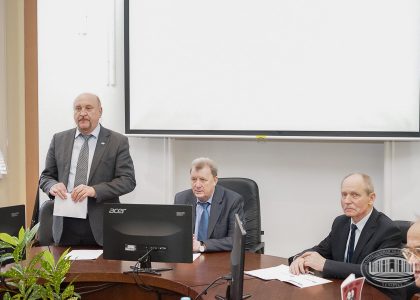
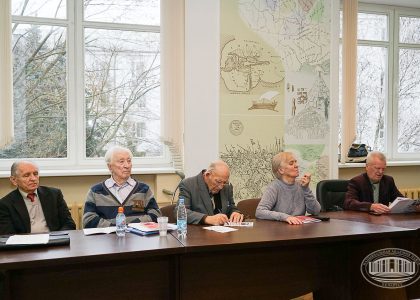
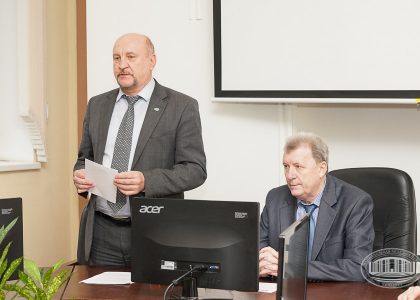
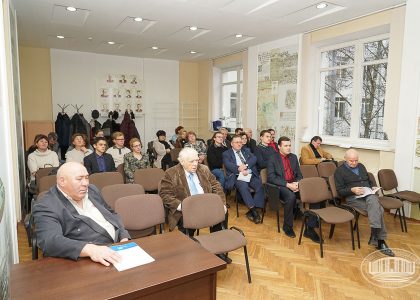
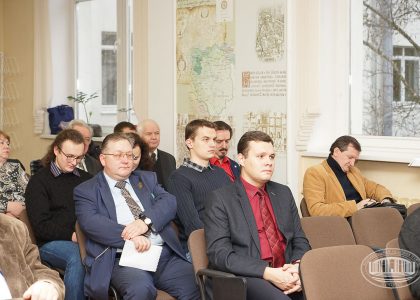
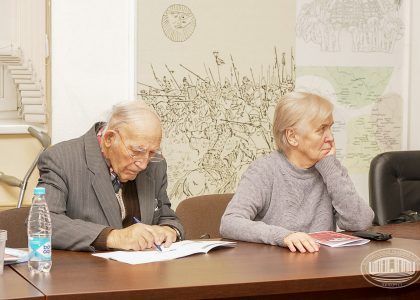
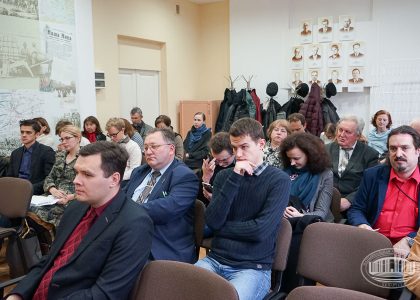
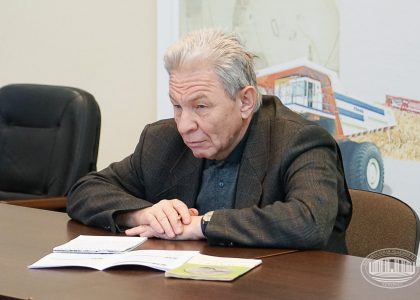
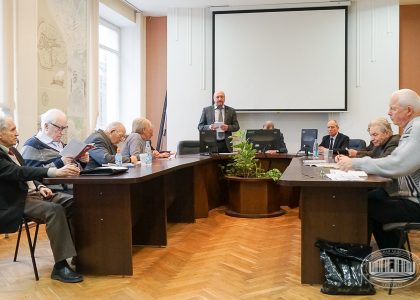
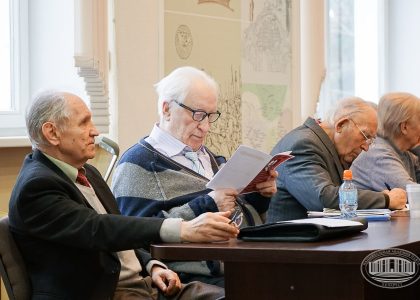
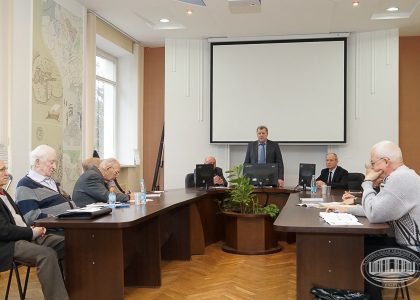
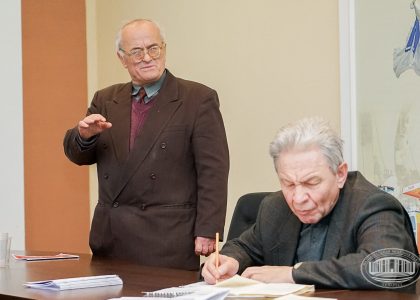
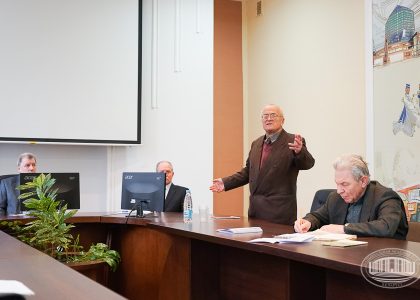
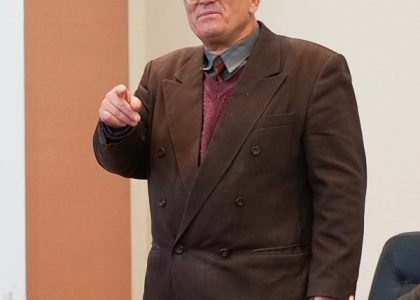

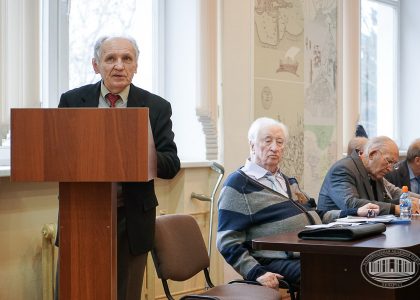
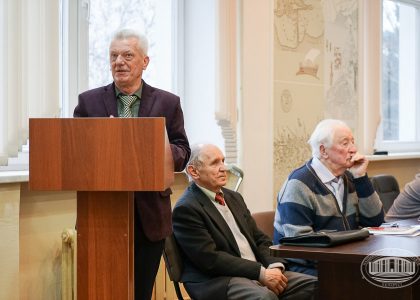

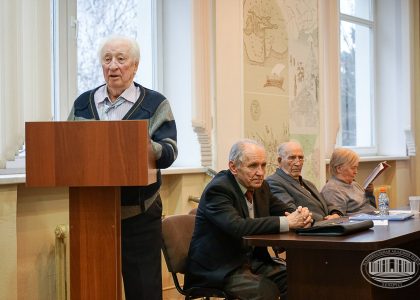
Files to download
 Программа Круглого стола
Программа Круглого стола






